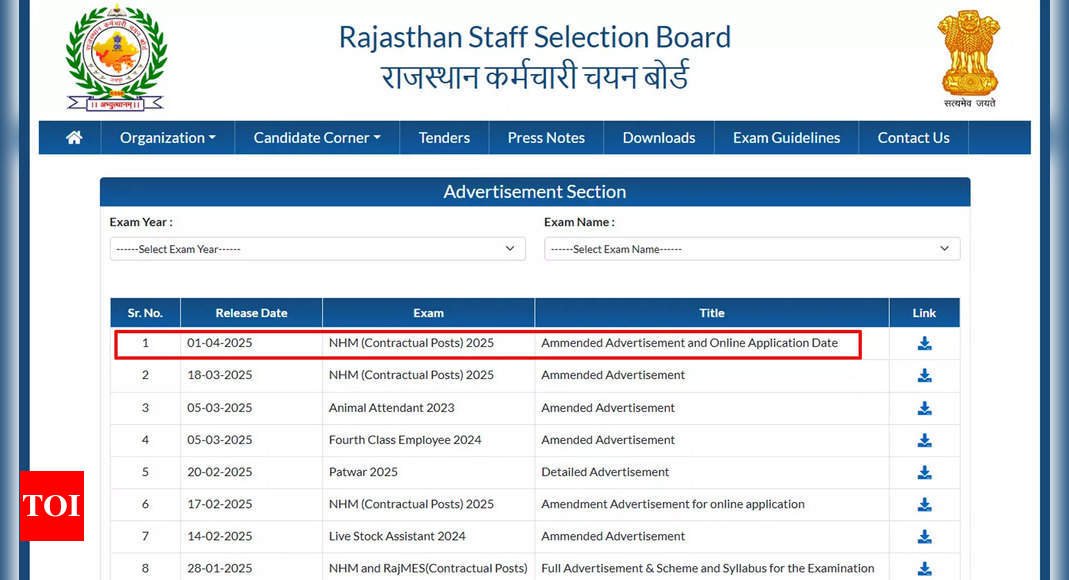In an era where social media has become an extension of personal identity, international students in the United States are discovering that their digital activity can have dire consequences. The US Department of State (DOS) has begun revoking student visas based on political engagement, even when limited to liking or sharing a post online. This sweeping crackdown has led to an increasing number of deportations, raising concerns about free speech and due process.
Campus activism under scrutiny
Hundreds of international students have received emails from the DOS instructing them to leave the country due to their involvement in campus activism. Immigration attorneys have confirmed that some Indian students are among those affected. However, it is not just physical participation in protests that is being penalized; students who have merely engaged with political content on social media are also under the scanner.
The DOS has initiated an AI-driven social media review as part of its visa monitoring process. This development means that even new applicants for F (academic study), M (vocational study), or J (exchange) visas are being scrutinized before being granted entry. Those found to have shared or supported politically sensitive content risk being deemed inadmissible.
‘Catch and revoke’: The AI-driven crackdown
As first reported by Axios, US Secretary of State Marco Rubio has launched an initiative known as ‘Catch and Revoke’ to cancel visas of foreign nationals suspected of supporting designated terrorist organizations. Within just three weeks, over 300 foreign students have had their visas revoked. The latest Open Doors report states that there were 1.1 million international students in the US in the 2023-24 academic year, with 331,000 from India. The scale of the policy has left many concerned about the potential overreach of AI surveillance in immigration enforcement.
The mechanics of a revoked visa
A visa revocation notice from the DOS is straightforward and severe: Students are informed that their visa has been revoked and that remaining in the US without lawful immigration status could result in detention, fines, or future visa ineligibility. The notice explicitly states that upon departure, students must surrender their passports to a US embassy or consulate for physical cancellation of the visa.
Additionally, an internal directive from Rubio mandates consular officials to conduct social media reviews on all visa applicants. If “derogatory information” is found, Fraud Prevention Units are required to capture screenshots to prevent applicants from later altering their online presence. Even if no problematic content is found, consular officers must document that a review was conducted.
Legal consequences and historical parallels
Immigration attorney Jath Shao has warned that this policy mirrors an attempt during the Trump administration to redefine unlawful presence. Historically, F-1 and J-1 students were admitted under “duration of status” (D/S), meaning they remained legally present as long as they adhered to student visa requirements. Under this new crackdown, students with revoked visas face immediate removal orders.
Those affected can either apply to the US Citizenship and Immigration Services (USCIS) for reinstatement or leave and reapply for a new visa. However, legal experts believe that given the nature of the revocations, reapplying may not be a viable option for many students.
Rubio’s justification: A national security stance
Defending the policy during a press conference in Guyana, Rubio made it clear that the US does not intend to allow foreign students to engage in activism.
His remarks suggest a zero-tolerance approach to any form of activism, even peaceful expressions of dissent. He further emphasized that once a visa is revoked, the student is no longer legally in the country and must leave.
Silencing dissent in the digital age
The broader implications of this policy extend beyond campus activism. The reliance on AI-driven social media surveillance raises ethical concerns about the suppression of free speech. International students, who are often politically active in their home countries as well, now face a precarious situation where any digital expression could be weaponized against them.
While national security concerns remain paramount for any country, the revocation of student visas based on social media engagement sets a troubling precedent. The very platforms designed to foster open discussion are now being used as evidence against students seeking education in the US.




